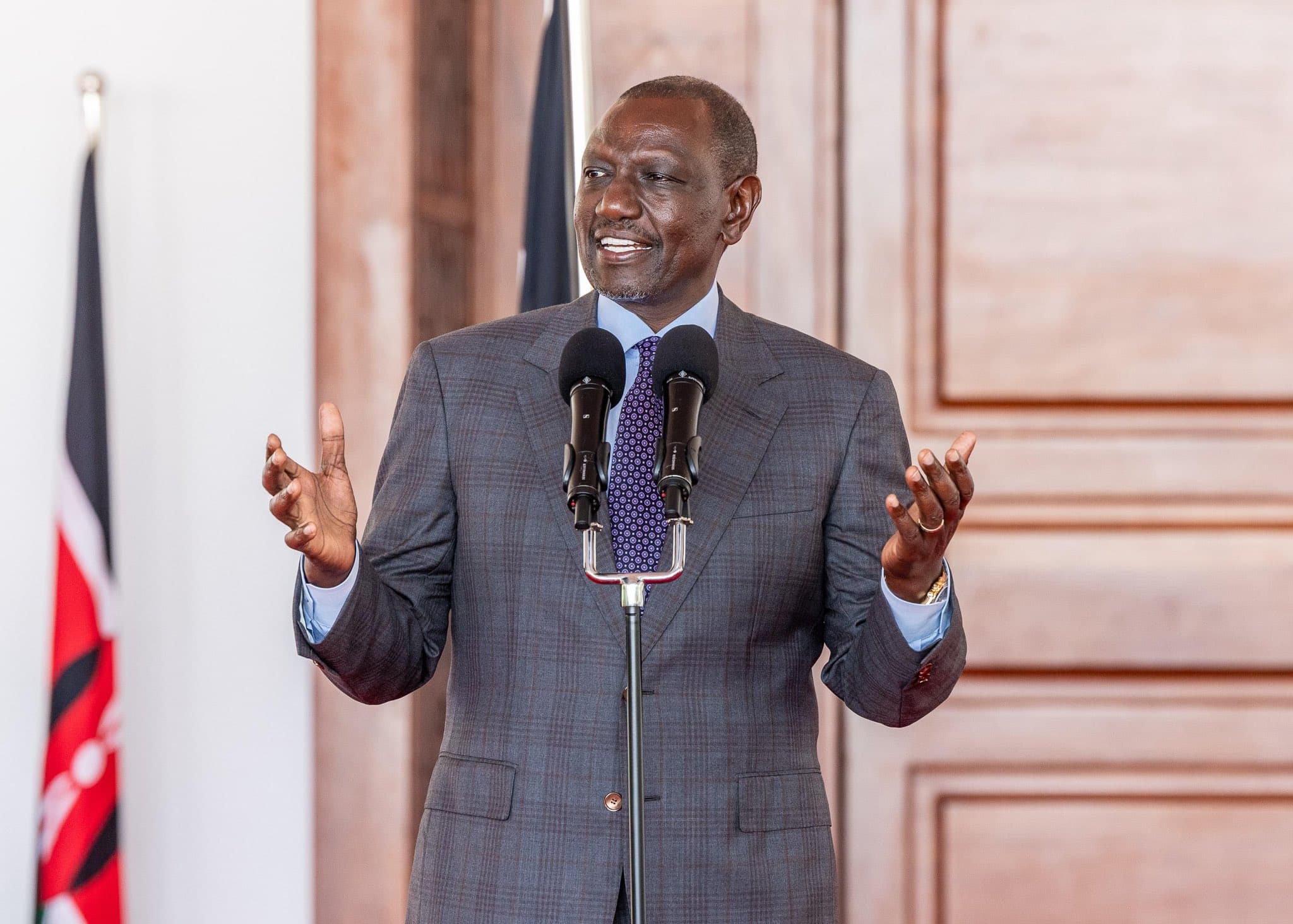We're loading the full news article for you. This includes the article content, images, author information, and related articles.
Kenya’s High Court has ordered the government to halt plans to build a permanent church at State House, saying the project raises critical constitutional questions about state and religion.

Nairobi, Kenya – The High Court has temporarily stopped the government from constructing a permanent church or any other religious facility within State House, Nairobi, or at any official presidential residence.
Justice Chacha Mwita issued the conservatory order on grounds that the proposal raises weighty constitutional questions about the separation of state and religion. The case will now proceed to a full hearing, with parties ordered to file written submissions ahead of November 18, 2025.
The petition was filed by the National Integrity Alliance, a coalition that includes the Kenya Human Rights Commission, Transparency International Kenya, Inuka Kenya ni Sisi, and the Institute of Social Accountability. They argue that erecting a church on public land violates Article 8 of the Constitution, which affirms Kenya as a secular state.
The groups also contend that any government facilitation—whether through land allocation, approvals, or funding—would breach state neutrality on religion and set a precedent for entangling state resources with faith institutions.
President William Ruto has previously defended his plan, saying he intended to fund the project personally, not through public coffers. He revealed that he found an iron-sheet chapel at State House and wished to build a more permanent structure, insisting he owed no apology for the decision.
However, the court noted that even a privately funded project within State House could still trigger constitutional scrutiny, given that the grounds are public property.
Justice Mwita’s order explicitly restrains government officials and agents from progressing with the project until the matter is fully determined. The ruling further warns that disobedience of the conservatory order could attract penal consequences, signalling the seriousness of the case.
Civil society groups have also filed a secondary petition seeking to bar officials from supporting or facilitating the project in any way. Analysts note that the case could set a critical precedent for how religion and state power are balanced in Kenya’s constitutional order.
If upheld, the decision may reinforce Kenya’s secular framework and clarify limits on presidential discretion in matters where faith intersects with public office.
Keep the conversation in one place—threads here stay linked to the story and in the forums.
Sign in to start a discussion
Start a conversation about this story and keep it linked here.
Other hot threads
E-sports and Gaming Community in Kenya
Active 9 months ago
The Role of Technology in Modern Agriculture (AgriTech)
Active 9 months ago
Popular Recreational Activities Across Counties
Active 9 months ago
Investing in Youth Sports Development Programs
Active 9 months ago